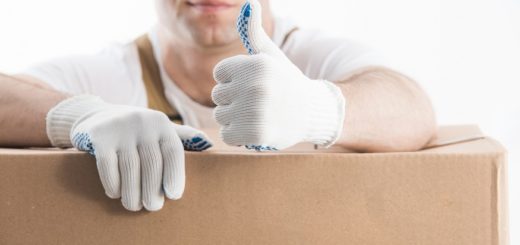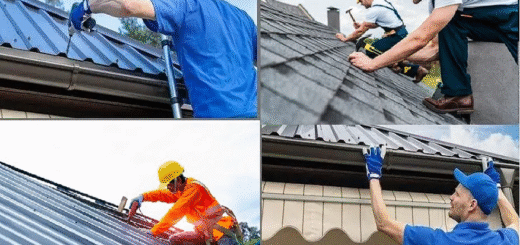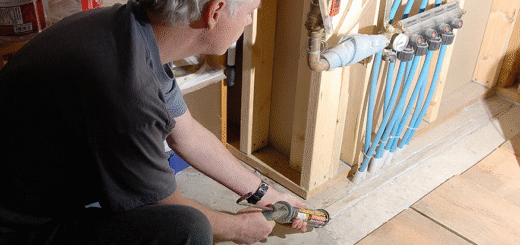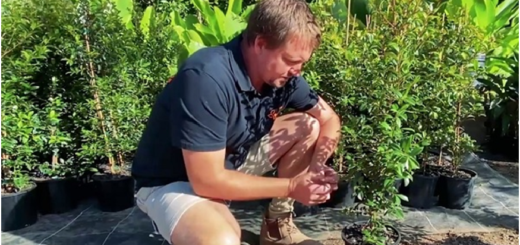How to Assess Water Damage in Residential Properties?
The unfortunate reality of drought-stricken California is that the present and future water supply is limited. With this dire predicament, homeowners are often inundated with their own questions about how to assess water damage in residential properties. The most important thing to remember when assessing water damage in https://flood24seven.com/is to always look at the big picture and not just focus on the immediate problem. Water damage can cause health hazards and aggravate allergies and respiratory issues, so it is best to immediately call in a professional. Here are ways to assess water damage in residential properties:
1. Assess the damage
The most important thing to do when assessing water damage in residential properties is to stop the flow of water. Depending on the source of the water, it can be immediate or can take as long as 24 hours to soak through a wooden floor. Next, you should inspect the damage for ranking purposes. This will help to determine where and how to focus efforts.
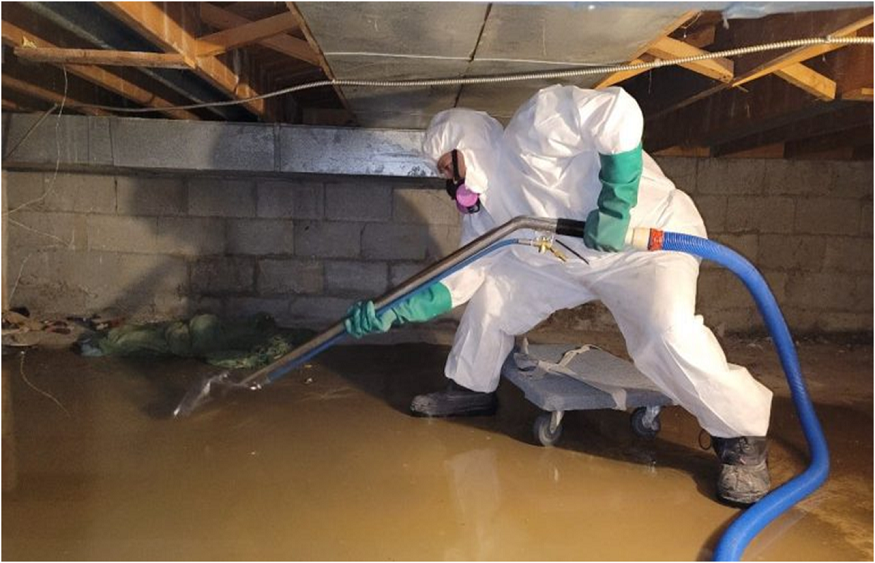
2. Focus on safety
Before entering any area that has been flooded, it is important to assess safety concerns. Assessing water damage in residential properties is not a do-it-yourself project unless you are trained and prepared for the job. In addition, realize that if the water is corrosive or toxic, it could make those who come into direct contact sick.
3. Document the damage
Once you have completed the first two steps, you should now begin to document the extent of the damage. Take photos and make notes of any issues, such as mold growth, musty smells or foul odors. These are all issues that can cause health problems if not taken care of in a timely manner.
4. Clear out wet drywall
If you find that your drywall is damp or wet and moldy smelling, it is important to remove it for safety reasons. If you do not remove the drywall, it could have toxic chemicals and cause health problems, so be sure to call in professionals if you are unsure of cleaning options.
5. Deodorize
If your home has been flooded, it is important to deodorize to prevent the growth of mold and mildew. If you find that there is a musty or foul odor in your home, it is best to call in professionals. Mold can grow very quickly in wet environments and could cause health problems if left untreated.
6. Clean carpets, furniture and rugs
When assessing water damage in residential properties, it is important to clean carpets, upholstered furniture and flooring. Do not allow water to sit on surfaces for any extended period of time as bacteria can grow there. Once the water has been removed, it is best to use a deodorizer like Febreze or fabric freshener if you are concerned about odors.

